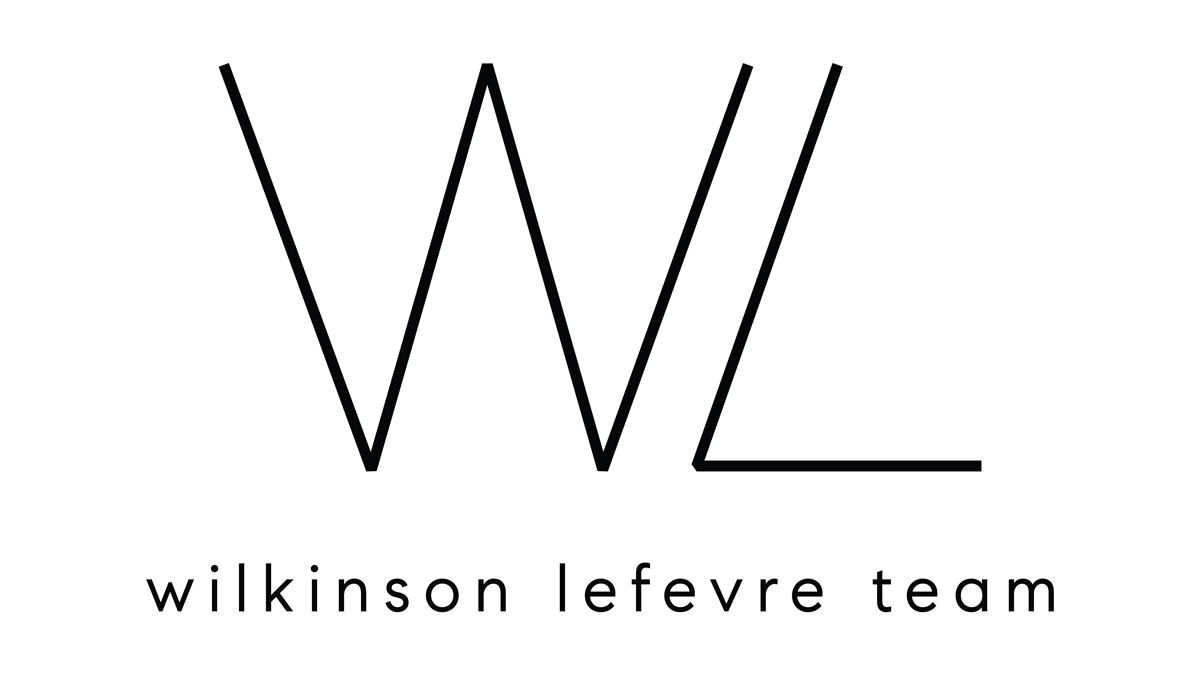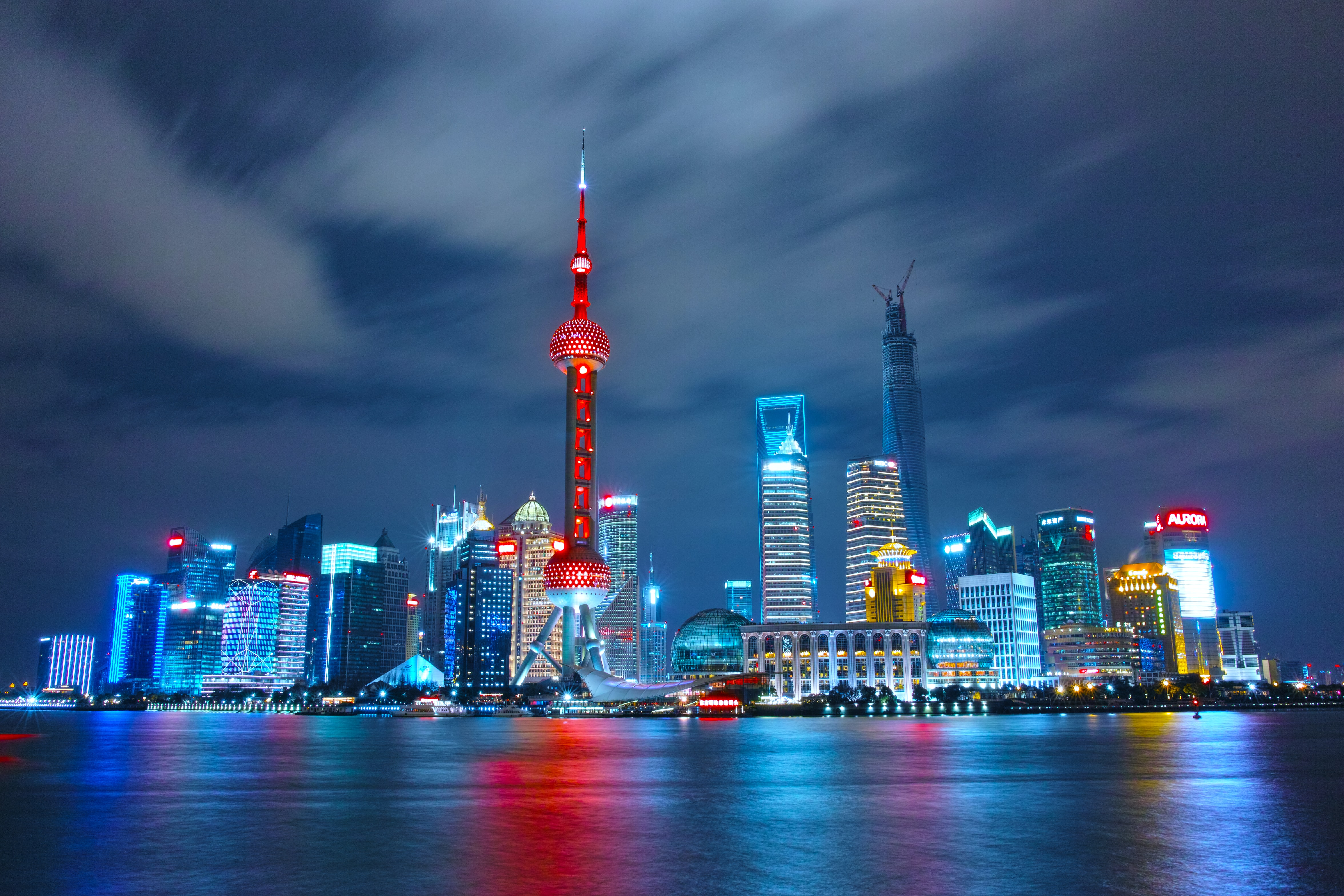China has been on everyone’s radar recently with the headlines about the struggles of its heavily-indebted property firm Evergrande, which is laboring under $300 billion of debt and seemingly no way to stay current on debt service payments.
Whether or not China deems Evergrande “too big to fail” (an open question which is being battled out in debt and stock market trades) will determine whether there is an immediate market correction of significant magnitude. Failure of Evergrande will shake the global markets considerably, while a rescue by China will be reassuring – in the short term.
China and COVID-19
Focusing on Evergrande Group may be distracting for a potentially larger issue, however: China’s Covid-19 problem. Although China does not have the anti-vaxxer movement the West does (vaccines are mandatory there, with no opting-out), they still have a population of 1.4 billion people to vaccinate. Further, the home-grown vaccines (Sinovac and Sinopharm) are only 51% and 79% effective against the virus. Those numbers are telling. Before the Delta variant, scientists in the US estimated 70% of the population would have to be vaccinated in order to achieve herd immunity, using Pfizer and Moderna vaccines with over 90% efficacy each. With Delta’s higher infection rate, the percent vaccinated required to reach immunity is now estimated at 90%.
This means that mathematically China can *never* reach herd immunity using vaccines with efficacy rates of 51% and 79%. This explains why China’s government has been so extreme with shutdowns of vast areas with only few infections. They will have to continue this draconian shutdown process until a better vaccine strategy has been implemented. This is going to take some time as the country is vast and changing course on a national scale is far from trivial.
It also explains why China just licensed technology from a Canadian mRNA vaccine maker in a $500,000,000 deal.
The point is this. Having committed to home-grown vaccines that are not nearly efficacious enough, China is going to have to continue harsh and economically crippling shutdowns to contain the virus. This is going to have effects on a whole host of firms across many industries, with Evergrande being only the first of many. Debt service continues even when economies are shut down.
How does this affect New York City real estate?
Chinese money either backs directly (at the General Partner level) or indirectly (LLP level, debt financing, etc.) a whole host of New York City development projects, including (just to name a few):
- MiMA – China Construction Group
- 110 Charlton – China Construction Group
- Eastlight – China Overseas
- Towers at Waldorf Astoria – Anbang Group
- Madison House – Fosun International
And the list goes on and on.
If – and to be fair it’s a big if – our analysis of the pandemic’s effect in China given the nature of its vaccine and China’s national policy response is correct, then many New York City development projects’ future financing could be in trouble. This would throw the completion of many projects into disarray and delay closings or result in buyouts and potential bankruptcies.
In short, buyers should double click on the backers of new developments if they are considering buying a unit there. Particular care should be taken with projects that are far from completion and are significantly backed by Chinese firms.
We will be continuing to follow this story in future newsletters.

